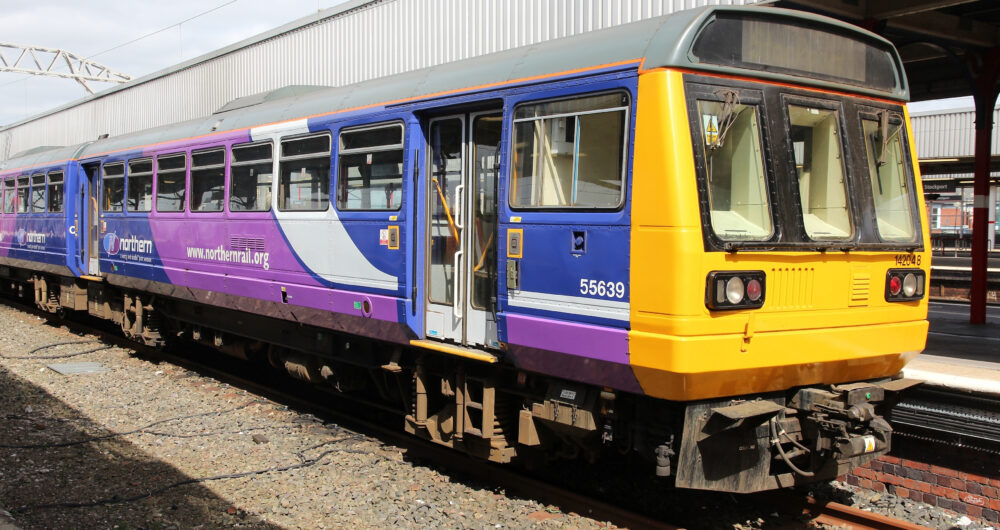Many railway season ticket holders and commuters will see a 1.6% rise in fares from January despite a slump in passenger demand, according to the BBC.
About half of rail fares are pegged to July’s Retail Price Index, which defied forecasts and rose from 1.1% in June.
The government said any fare increases will be the lowest for four years, but passenger groups called for reductions.
Scotland will delay changing its fares as it considers reviewing its system to make it more affordable.
The changes will affect mainly English and Welsh commuters. In Northern Ireland, fares are set by state-owned operator Translink, and don’t use RPI.
Rail Minister Chris Heaton-Harris said: “We expect any rail fare rise to be the lowest in four years come January and any increase will go straight to ensuring crucial investment in our railways.
“Taxpayers have been very generous in their support to keep trains running throughout the coronavirus pandemic, and whilst it’s only fair that passengers also contribute to maintaining and improving the services they use, a lower rise will help ensure the system returns to strength.”
The rail rise compares to 2.8% last year and is the lowest since 2015, according to the Office for National Statistics (ONS), which means a smaller price increase for travellers than last year.
But figures from the government’s Office of Rail and Road show passenger numbers in January to March fell 11.4% compared to the prior year.
Those figures only partially cover the scale of the drop in rail journeys taken, as travel restrictions only started on 16 March and lockdown on 23 March.
Figures for April to June, due out in October, are likely to be much starker.
When lockdown was announced, the government said passenger numbers had dropped by 70% since the pandemic began.
To stop those firms from going under, the government then suspended all rail franchise agreements, which govern how many trains run each hour and restrict how much the companies that run them can charge for tickets and scrapped payments to government.
Currently, the network is being financially managed by the government and the companies are receiving a flat fee.
Using RPI to manage rail fares has faced criticism for some time. The ONS dumped the measure as a national statistic, favouring consumer price inflation (CPI), which is usually lower.
The ONS monitors the prices of a selection of goods and services commonly bought by British households. In CPI terms, what cost £100 last year should cost £101 today.




